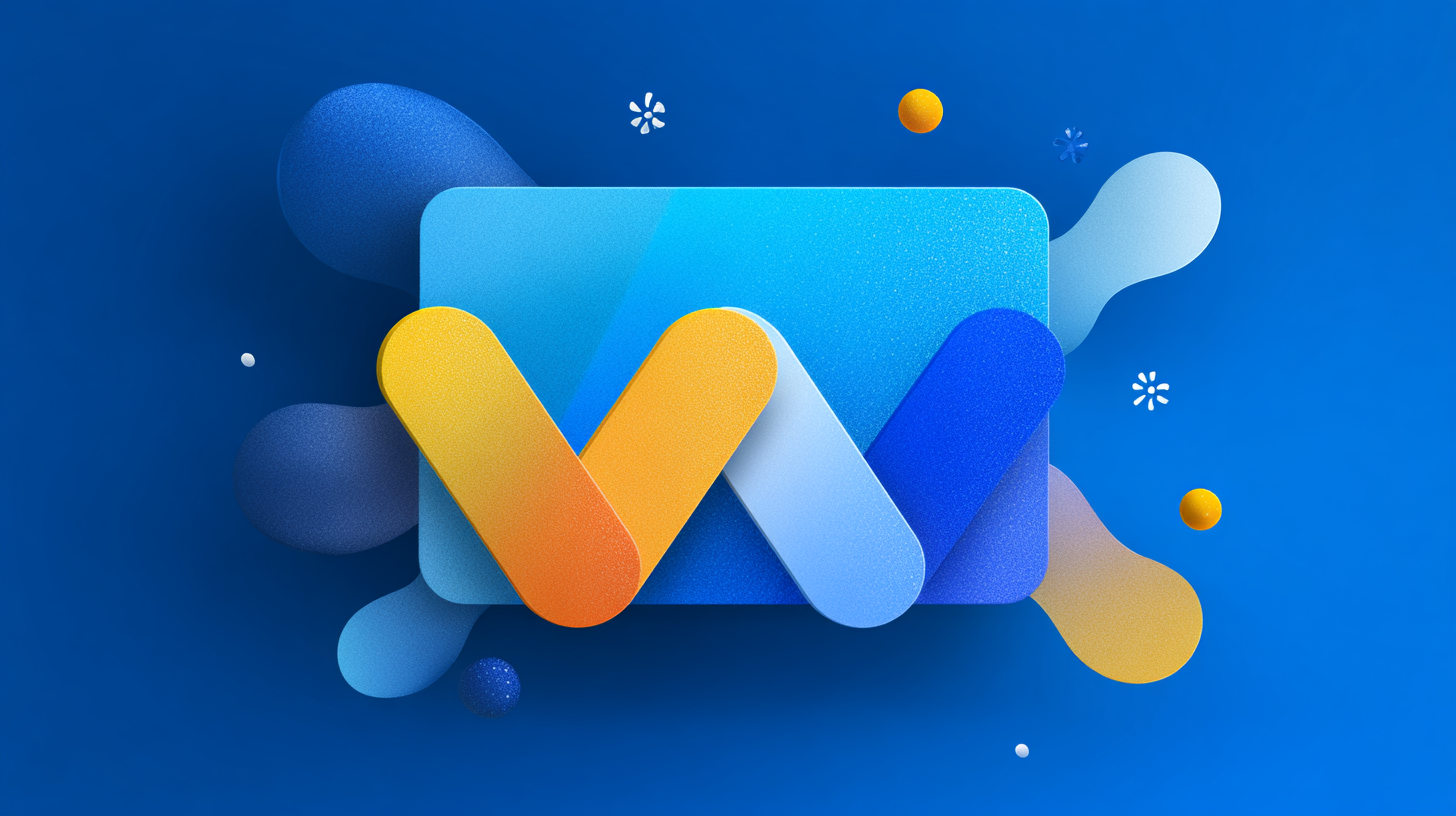The modern workplace is experiencing unprecedented changes, largely driven by rapid technological advancements and evolving employee expectations. Within this landscape, Employee Experience Platforms (EXPs) have emerged as crucial tools for organizations aiming to enhance their workforce’s productivity and satisfaction. With the advent of artificial intelligence (AI) and particularly generative AI, these platforms are not only reshaping the employee experience but also addressing some of the key challenges faced by organizations today, such as employee burnout and digital overload.
The Role of AI in Employee Experience Platforms
AI is revolutionizing Employee Experience Platforms by providing tailored solutions that enhance how employees engage with their work and the organization. By integrating tools that leverage machine learning, automation, and data analysis, companies can create a more personalized and efficient experience for their employees. But how exactly is AI transforming these platforms?
- Personalized Interactions: AI algorithms can analyze employee data to deliver personalized content and recommendations, ensuring that employees receive information relevant to them.
- Enhanced Engagement: Through chatbots and AI-driven communication tools, organizations can foster better engagement by providing immediate responses to employee inquiries.
- Proactive Well-being Measures: AI can predict signs of burnout or distress, allowing HR professionals to intervene before issues escalate.
- Feedback Loops: Continuous data analysis helps organizations gather real-time feedback on employee satisfaction and areas of concern.
Understanding Key Challenges
Despite the benefits, HR professionals and business leaders must navigate several challenges in their pursuit of a seamless employee experience:
- Employee Burnout: The fast-paced environment exacerbated by remote work and digital overload has led to increased levels of stress and burnout among employees.
- Digital Overload: Employees are overwhelmed by a plethora of digital tools, leading to confusion and decreased productivity.
- Rapid Change: The accelerated changes in work dynamics require organizations to adapt quickly, presenting challenges in maintaining a consistent employee experience.
Strategies to Overcome Challenges with AI
To address these challenges effectively, HR professionals can implement several strategies that integrate AI capabilities into their EXPs:
1. Prioritize Employee Well-being
AI can play a pivotal role in monitoring employee well-being by analyzing workload and stress levels through various indicators. By employing tools that can assess engagement and satisfaction, companies can proactively adjust workloads and provide necessary support. For instance, platforms like Officevibe use AI to measure employee sentiment, enabling companies to act on data-driven insights.
2. Streamline Communication Tools
To combat digital overload, organizations should consolidate communication tools to minimize confusion. AI can assist in curating essential communications tailored to employees’ roles and preferences, delivering information in a digestible format. Additionally, AI chatbots can serve as a single point of contact for employee inquiries, reducing the need to sift through multiple platforms.
3. Leverage Predictive Analytics
By harnessing AI-driven predictive analytics, organizations can identify patterns that lead to employee disengagement or turnover. This allows HR teams to design targeted interventions that address specific needs before they escalate into significant issues.
4. Foster Continuous Learning
With the rapid pace of change, investing in continuous learning is essential. AI can personalize learning pathways based on individual employee profiles, preferences, and performance, ensuring that employees gain relevant skills to thrive in a transforming workplace. Platforms like Cornerstone OnDemand illustrate this by providing tailored development opportunities using AI insights.
Actionable Insights for HR Leaders
For HR professionals and business leaders looking to enhance employee experience through AI, consider the following actionable insights:
- Invest in AI-driven tools that offer data analysis capabilities to understand employee needs better.
- Adopt an agile approach to employee engagement, regularly soliciting feedback and adjusting processes in response to insights.
- Implement training programs that emphasize AI literacy within HR teams to maximize the potential of new technologies.
- Encourage a culture of open communication where employees feel safe to express concerns related to workload and stress.
- Monitor technological impacts on employee experience, adjusting tool usage and communication frequency as needed.
Case Studies: Successful Implementations
Several organizations have successfully integrated AI into their Employee Experience Platforms, resulting in measurable improvements in workforce engagement and productivity. A couple of notable examples include:
- IBM: By implementing Watson AI, IBM enhanced its talent acquisition processes, using predictive analytics to assess candidate fit and employee potential, significantly increasing hiring efficiency.
- Spotify: Spotify has leveraged generative AI to personalize its employee experience, tailoring engagement initiatives that resonate with individual employee preferences, resulting in increased job satisfaction and loyalty.
Future Trends in Employee Experience and AI
The integration of AI in employee experience platforms is just the beginning. As technology continues to evolve, several trends are likely to shape the future of work:
- Unified Platforms: The future will likely see the emergence of all-in-one platforms that combine various aspects of employee experience, from onboarding to continuous engagement, all powered by AI.
- Augmented Reality (AR) and Virtual Reality (VR): These technologies will enable immersive training and team collaboration experiences, enhanced by AI to maximize effectiveness and engagement.
- Ethical AI Use: As AI’s role grows, organizations must focus on ethical considerations, ensuring transparency and data privacy in their AI applications.
Conclusion
As the global workforce continues to evolve amidst rapid technological change, the integration of AI into Employee Experience Platforms represents a transformative opportunity for organizations. By addressing key challenges such as employee burnout and digital overload, businesses can significantly enhance employee satisfaction and productivity.
HR professionals and business leaders are encouraged to explore the multitude of ways AI can enrich the employee experience, creating a more engaged and resilient workforce. To stay ahead in this journey, it is essential to develop AI literacy within HR teams and adopt an agile approach to implementing technology solutions.





